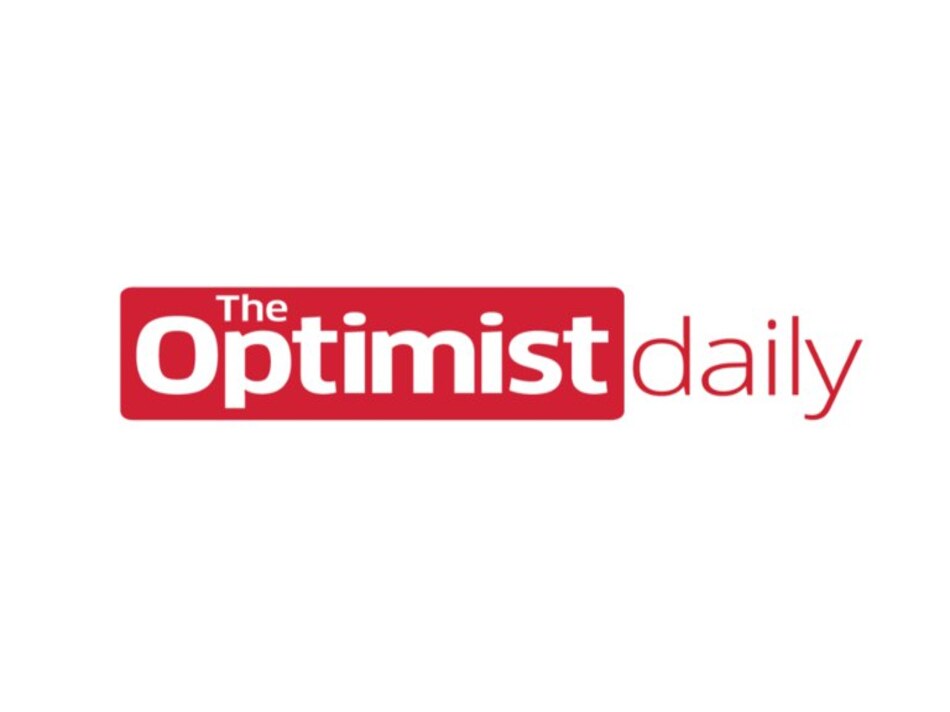Millions of species on Earth, from tiny microorganisms to the blue whale, all work together to maintain a stable biodiverse ecosystem everywhere on the planet. However, somewhere along the line, humans developed a humans-as-supreme, not life-as-supreme, attitude about our role in nature.
In this week’s Thought Leader Series, Deepak Chopra and Zach Bush explore how the pandemic has emphasized our need to realign ourselves as a part of a larger ecosystem, not the ruler of one.
After years of natural disasters, deaths from chronic diseases that result from our polluted and depleted soil, water, air, and food systems, and warnings from NGOs, leaders, and activists, it took a global pandemic to finally pause our harmful impact on the world.
Although devastating, we have the potential to see the virus as our greatest teacher. Since the beginning of life, the most significant biologic adaptations have been achieved through the viral communication network. As Chopra and Bush write, “This vast microbial genome is the foundation of life on the planet, and its aim, as with all life forms, is to adapt, survive, and foster diversity.”
As we have talked about on The Optimist Daily, climate change and habitat destruction will only exacerbate global pandemics. The use of antibiotics in the meat industry and pesticides in agriculture will worsen these disease threats.
We must use this global pause to reintegrate ourselves into the natural order of the world. This means thinking of ourselves as a cog in the global biome, not operators of the world machine. Explore the link below for the full article by Chopra and Bush.












